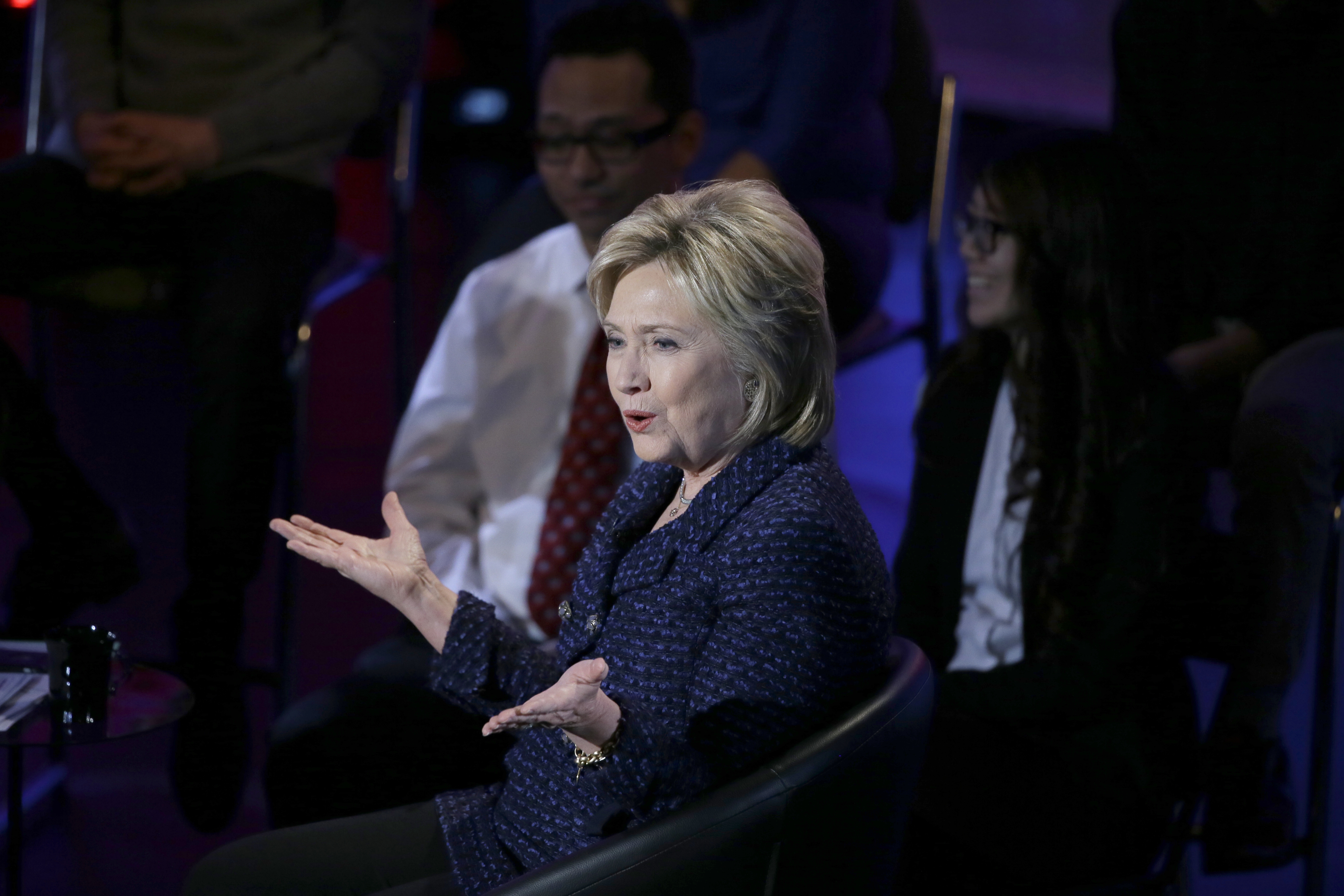The voices of Tax Policy Center's researchers and staff

In what her campaign billed as a major economic policy speech today in New York, Democratic presidential frontrunner Hillary Clinton outlined her agenda for what she described as a Growth and Fairness Economy. And while she included a number of tax proposals, few were new. Indeed, the speech was most striking for being so conventional.
Clinton delivered the first hints of where she’d take the country’s tax policy starting in 2017. And she left out many specifics, not surprisingly promising them for later in the campaign. But most of her proposals are familiar—many have surfaced in past budgets offered by President Obama. And some long predated the current president.
For example, she endorsed a Buffett tax on very-high-income households, tax relief for small business but new taxes on multinationals that benefit from “overseas loopholes,” a $1500 tax credit for business that hire or train new workers, and an end to the carried interest rules that allow managers of some investment firms to turn compensation into tax favored capital gains. She embraced the New Markets Tax Credit and Empowerment Zones, two tax-based subsidy programs aimed at encouraging investment in low-income communities.
She also proposed less specific ideas to encourage firms to create profit-sharing plans for workers, reform capital gains taxes to reward longer-term investments, and give “hard working families tax relief and simplification.” For Clinton, some tax subsidies are useful tools for economic development while others are loopholes or giveaways.
Clinton did not follow many GOP presidential hopefuls and endorse broad-based tax reform. No rate-cutting, base-broadening rewrite of the tax code for her. Indeed, she sees the Revenue Code as just one tool for addressing what she called the “defining economic challenge of our time-- [raising] incomes for hard-working Americans.”
But even there, she seems reluctant to look for solutions that are outside of the mainstream Democratic canon. Even in areas where she might have been more ambitious, Clinton demurred. For instance, she whole-heartedly embraced the need for clean energy, but passed on one obvious way to get there—a carbon tax.
She did not reject such a levy. She just didn’t get beyond making America “a clean energy superpower.”
The campaign has a very long way to go and, with no serious competitor for the Democratic nomination, it is unsurprising that Clinton is doing her best to avoid policy controversy. But while promising to raise taxes on the rich while endorsing a series of modest new tax subsidies for the middle-class may be safe Democratic politics, it is also, well, not very interesting.
Posts and comments are solely the opinion of the author and not that of the Tax Policy Center, Urban Institute, or Brookings Institution.
